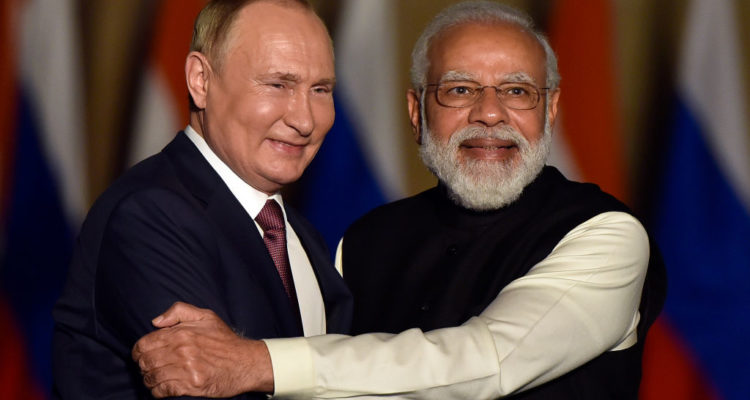The Ukraine crisis has confronted three Middle Eastern countries—Turkey, Israel and Iran—as well as India, with serious policy quandaries. For different reasons, they face the conundrum of how to strike a balance between opposing Russia’s aggression against the sovereign state of Ukraine and maintaining good relations with Moscow. So far, they have walked a tightrope, but now with Russia’s invasion in full swing they need to show their hands more clearly.
Turkish President Recep Tayyip Erdogan, whose country is a member of NATO, has built a good working relationship with Russian President Vladimir Putin over the last few years despite their differences in Syria and past stoushes. He has tilted towards Moscow to counter what he perceives as America’s and Western Europe’s unfavourable treatment of him, especially in the wake of the failed 2016 coup against him and his harsh crackdown on the opposition. He has purchased Russian S-400 surface-to-air missiles to the annoyance of the United States, which in turn has dropped Turkey from its F-35 fighter jet program.
Meanwhile, Erdogan has maintained good relations with Ukraine and strongly supported the sovereignty and territorial integrity of the country. In the lead-up to the Russian invasion, he called for a diplomatic resolution of the crisis and avoided any direct criticism of Russia. Now, however, he needs to decide whether to side with Turkey’s NATO partners or take an independent course that could further aggrieve those partners.
Read the article by Amin Saikal in The Strategist.

